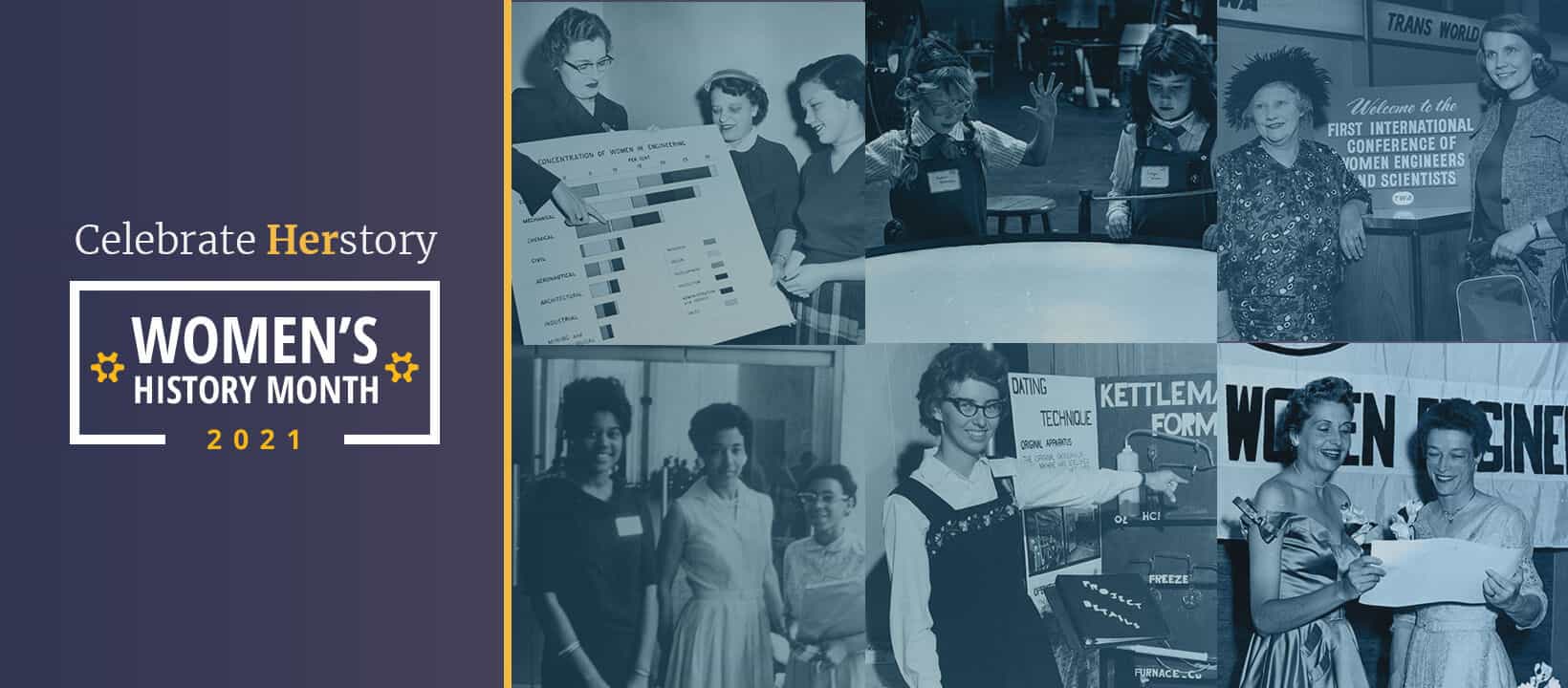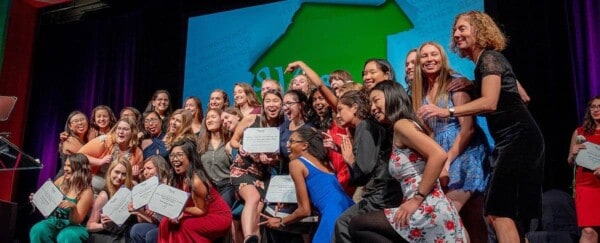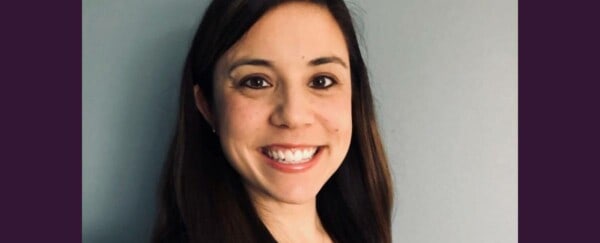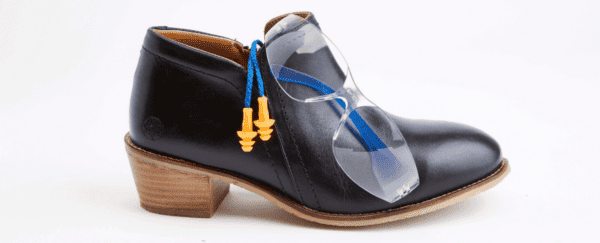In spring 2015, SWE Magazine launched “Women Engineers You Should Know.” Reaching out through SWE’s social media channels, we posed questions to help identify and celebrate the contributions of women who have carried out SWE’s mission with perhaps visibility than some of their more famous sisters, but whose work is no less important.
Since then, “Women Engineers You Should Know” has become an annual project. In honor of Women’s History Month 2021, we look back at that initial group.
In announcing them, we wrote:
“With little fanfare, women engineers make significant contributions every day and lead interesting and fulfilling lives, giving to their profession and communities. Quite often, those who are behind the scenes, out of the limelight, make real change in the workplace and in our communities. It is our intention to recognize such women and make their efforts better known.”
From the spring 2015 issue of SWE Magazine:
Making positive change can require moving beyond preconceived notions, sometimes ignoring protocol and expectations. Which women engineers have succeeded by breaking the rules?
Grace Murray Hopper, Ph.D.
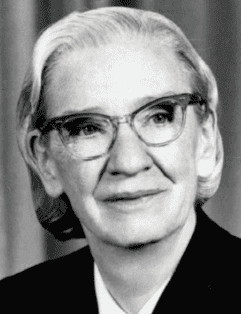 The co-author of COBOL and a pioneering computer scientist, Rear Admiral Grace Murray Hopper, Ph.D., broke new ground. Known as “Amazing Grace,” she taught at Vassar College and received her Ph.D. in mathematics from Yale in 1934. During World War II, she joined the U.S. Navy WAVES. Throughout her long career, she was involved in naval affairs and in improving computer technology. Several famous quotes are attributed to her, including, “If it’s a good idea, go ahead and do it. It’s much easier to apologize than it is to get permission,” sometimes expressed as, “It is often easier to beg for forgiveness than to ask for permission.” Known for keeping a clock that ran backward, she explained, “Humans are allergic to change. They love to say, ‘We’ve always done it this way.’ I try to fight that. That’s why I have a clock on my wall that runs counterclockwise.”
The co-author of COBOL and a pioneering computer scientist, Rear Admiral Grace Murray Hopper, Ph.D., broke new ground. Known as “Amazing Grace,” she taught at Vassar College and received her Ph.D. in mathematics from Yale in 1934. During World War II, she joined the U.S. Navy WAVES. Throughout her long career, she was involved in naval affairs and in improving computer technology. Several famous quotes are attributed to her, including, “If it’s a good idea, go ahead and do it. It’s much easier to apologize than it is to get permission,” sometimes expressed as, “It is often easier to beg for forgiveness than to ask for permission.” Known for keeping a clock that ran backward, she explained, “Humans are allergic to change. They love to say, ‘We’ve always done it this way.’ I try to fight that. That’s why I have a clock on my wall that runs counterclockwise.”
Naomi McAfee, F.SWE
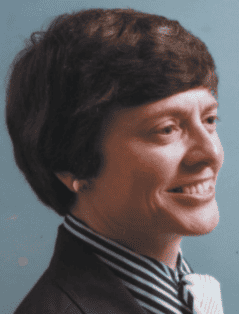 A pioneer in the field of reliability and quality engineering, SWE Fellow Naomi McAfee received her B.S. in physics from Western Kentucky University in 1956. The first woman to hold a supervisory engineer position at Westinghouse Defense and Electronic Systems Center in Baltimore, she headed the group responsible for developing the television camera system used on Skylab. McAfee held several offices in SWE, including the Society presidency during 1972-74. Title IX was passed during McAfee’s tenure, male membership was approved, and the Equal Rights Amendment was being debated. A vocal supporter of the ERA, she implored attendees at the 1978 Student Conference and SWE Convention, “With time running out for passage of the ERA, it is incomprehensible that we could either ignore or neglect equality.” A self-professed rabble-rouser, she noted in her oral history interview, part of the SWE Pioneers Oral History Project:
A pioneer in the field of reliability and quality engineering, SWE Fellow Naomi McAfee received her B.S. in physics from Western Kentucky University in 1956. The first woman to hold a supervisory engineer position at Westinghouse Defense and Electronic Systems Center in Baltimore, she headed the group responsible for developing the television camera system used on Skylab. McAfee held several offices in SWE, including the Society presidency during 1972-74. Title IX was passed during McAfee’s tenure, male membership was approved, and the Equal Rights Amendment was being debated. A vocal supporter of the ERA, she implored attendees at the 1978 Student Conference and SWE Convention, “With time running out for passage of the ERA, it is incomprehensible that we could either ignore or neglect equality.” A self-professed rabble-rouser, she noted in her oral history interview, part of the SWE Pioneers Oral History Project:
“Now, there is always a conservative group, and there’s always a liberal group, and there’s always somebody like me who’s a radical. The radicals go out and shake the trees and the liberals come along and really make things happen.”
Libby Williams Taylor
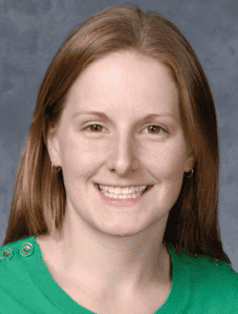 After graduating with a B.S. in chemical engineering from Carnegie Mellon University, Libby Williams Taylor participated in a yearlong German-American exchange program that included an internship at a German brewery, where she researched yeast. Returning to the United States, she could not find comparable work, but kept the hope that someday she could work in a brewery. Several years later, with her husband’s support, she left the family and went back to Germany for a six-month master brewery program. Completing the program, she realized that the time to make the career switch was truly at hand. She returned to the United States and took a position with Dogfish Head Brewery. She reports that women brewers are a minority, much like women in engineering, though there are four women brewers in her company. While different from her work as a chemical engineer, the background in chemicals has proven most helpful.
After graduating with a B.S. in chemical engineering from Carnegie Mellon University, Libby Williams Taylor participated in a yearlong German-American exchange program that included an internship at a German brewery, where she researched yeast. Returning to the United States, she could not find comparable work, but kept the hope that someday she could work in a brewery. Several years later, with her husband’s support, she left the family and went back to Germany for a six-month master brewery program. Completing the program, she realized that the time to make the career switch was truly at hand. She returned to the United States and took a position with Dogfish Head Brewery. She reports that women brewers are a minority, much like women in engineering, though there are four women brewers in her company. While different from her work as a chemical engineer, the background in chemicals has proven most helpful.
Related content:
- Women’s History Month: If You Could Have Dinner With Any Woman Engineer…
- Women’s History Month: Who Are Some of the Women Engineers We Should Know?
- Women’s History Month Through the Scope of SWE
- Celebrating Women’s History Month
Author
-

SWE Blog provides up-to-date information and news about the Society and how our members are making a difference every day. You’ll find stories about SWE members, engineering, technology, and other STEM-related topics.

